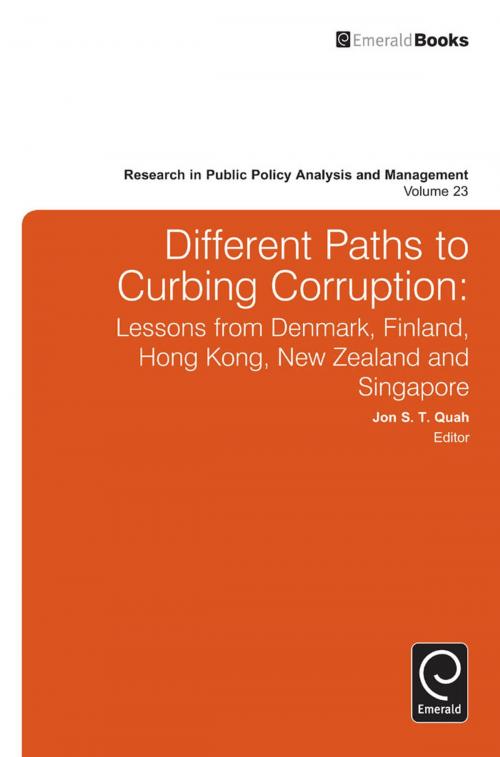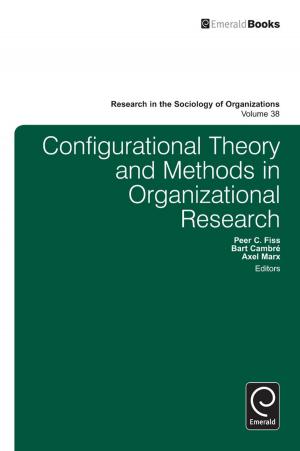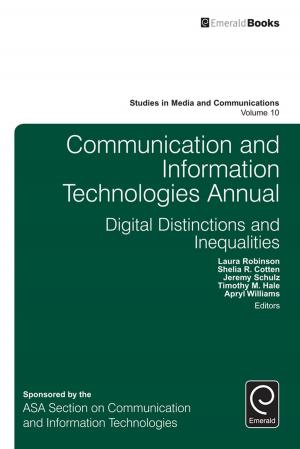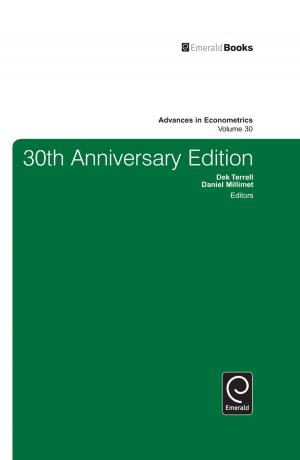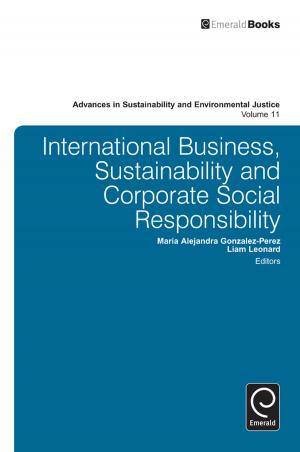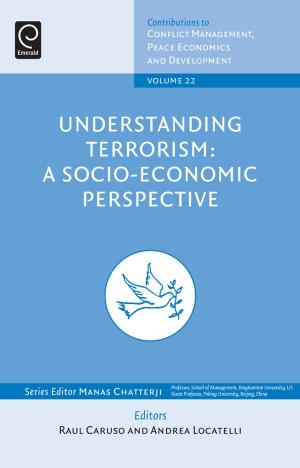Different Paths to Curbing Corruption
Lessons from Denmark, Finland, Hong Kong, New Zealand and Singapore
Nonfiction, Social & Cultural Studies, Political Science, Government, Public Policy, Social Science| Author: | ISBN: | 9781781907313 | |
| Publisher: | Emerald Group Publishing Limited | Publication: | November 18, 2013 |
| Imprint: | Emerald Group Publishing Limited | Language: | English |
| Author: | |
| ISBN: | 9781781907313 |
| Publisher: | Emerald Group Publishing Limited |
| Publication: | November 18, 2013 |
| Imprint: | Emerald Group Publishing Limited |
| Language: | English |
Corruption is a serious problem in many countries around the world, according to Transparency International's 2012 Corruption Perceptions Index (CPI) and the World Bank's 2011 Control of Corruption governance indicator. However, some countries like New Zealand, Denmark, Finland, Singapore and Hong Kong, have consistently performed better on these two indicators than other countries. While some research has been done in the form of case studies on combating corruption there has been no comparative study on how these five countries have succeeded in curbing corruption and the lessons to be learnt by other countries. This book seeks to explain why these five countries have succeeded in combating corruption; and identify the lessons which other countries can learn from these successful experiences. Of interest to policy-makers, anti-corruption practitioners and civil society activists, the edited book will also be a useful resource for undergraduate and graduate courses on corruption and governance in universities as well as for training courses on anti-corruption strategies conducted by anti-corruption agencies and international organizations in various countries.
Corruption is a serious problem in many countries around the world, according to Transparency International's 2012 Corruption Perceptions Index (CPI) and the World Bank's 2011 Control of Corruption governance indicator. However, some countries like New Zealand, Denmark, Finland, Singapore and Hong Kong, have consistently performed better on these two indicators than other countries. While some research has been done in the form of case studies on combating corruption there has been no comparative study on how these five countries have succeeded in curbing corruption and the lessons to be learnt by other countries. This book seeks to explain why these five countries have succeeded in combating corruption; and identify the lessons which other countries can learn from these successful experiences. Of interest to policy-makers, anti-corruption practitioners and civil society activists, the edited book will also be a useful resource for undergraduate and graduate courses on corruption and governance in universities as well as for training courses on anti-corruption strategies conducted by anti-corruption agencies and international organizations in various countries.
